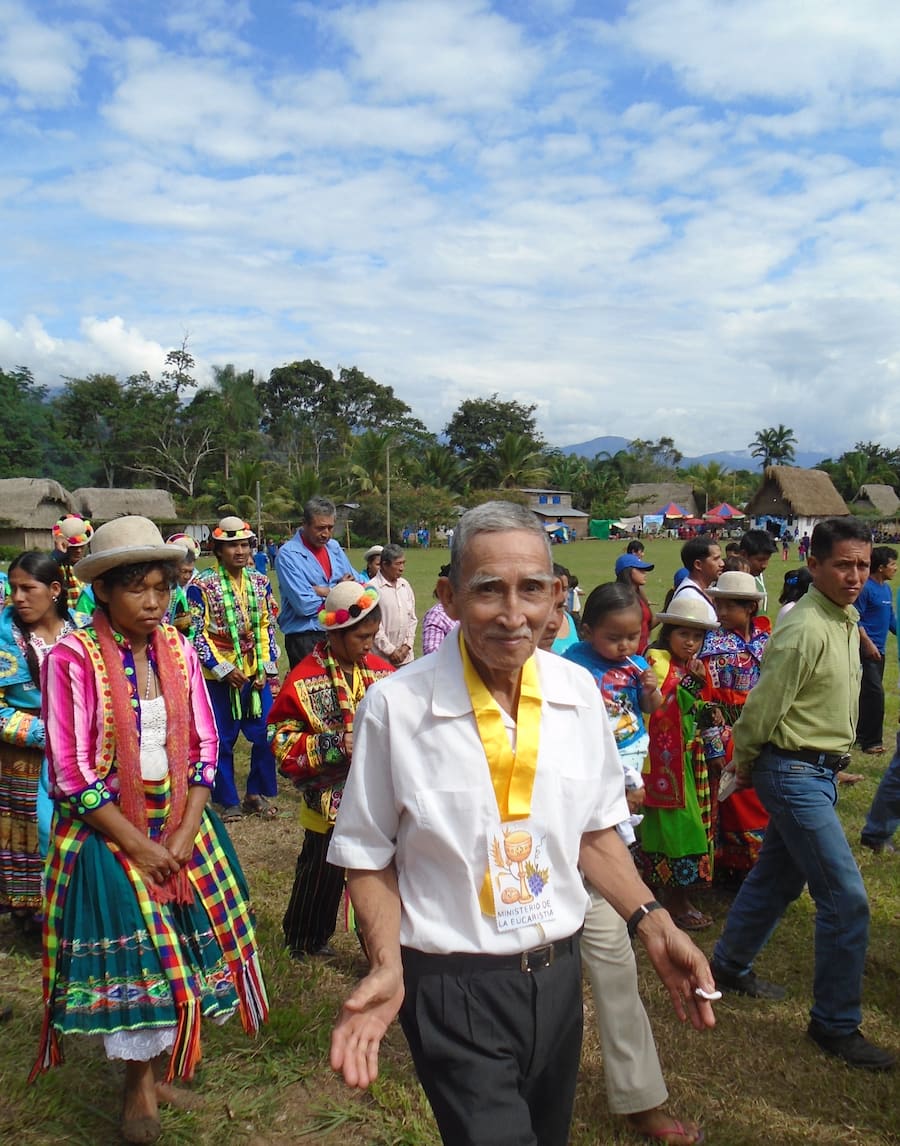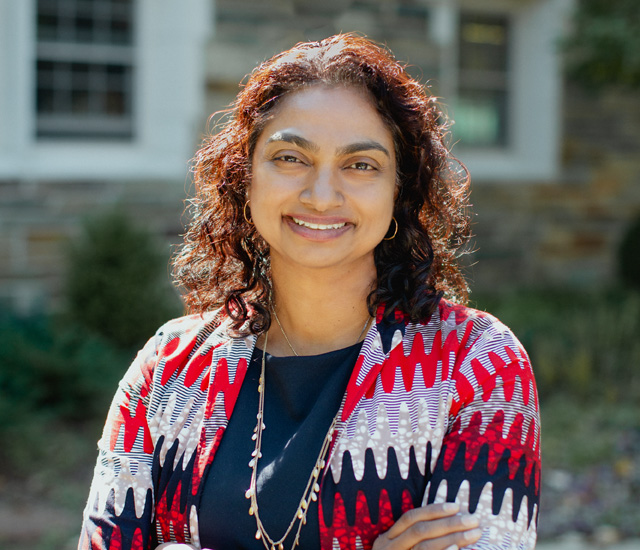 The World Needs Health Professionals Who Understand That Culture Isn't Optional—It's Essential
The World Needs Health Professionals Who Understand That Culture Isn't Optional—It's Essential
When government funding disappears, who fills the gap? You do.
In a post-COVID world, global health challenges demand more than medical solutions. They require professionals who can navigate cultural complexities, build trust across communities, and create sustainable change that respects local contexts.
As traditional funding sources face uncertainty, the global health field is transforming. Private foundations, NGOs, and innovative partnerships are stepping up—and they need professionals with exactly these skills.
The need for culturally-smart global health professionals has never been greater.
Jump to Global Health Graduate Certificate Admission & Course Requirements.
 The World Needs Health Professionals Who Understand That Culture Isn't Optional—It's Essential
The World Needs Health Professionals Who Understand That Culture Isn't Optional—It's Essential Dr. Thurka Sangaramoorthy has navigated every shift in global health funding over 25 years:
Dr. Thurka Sangaramoorthy has navigated every shift in global health funding over 25 years: